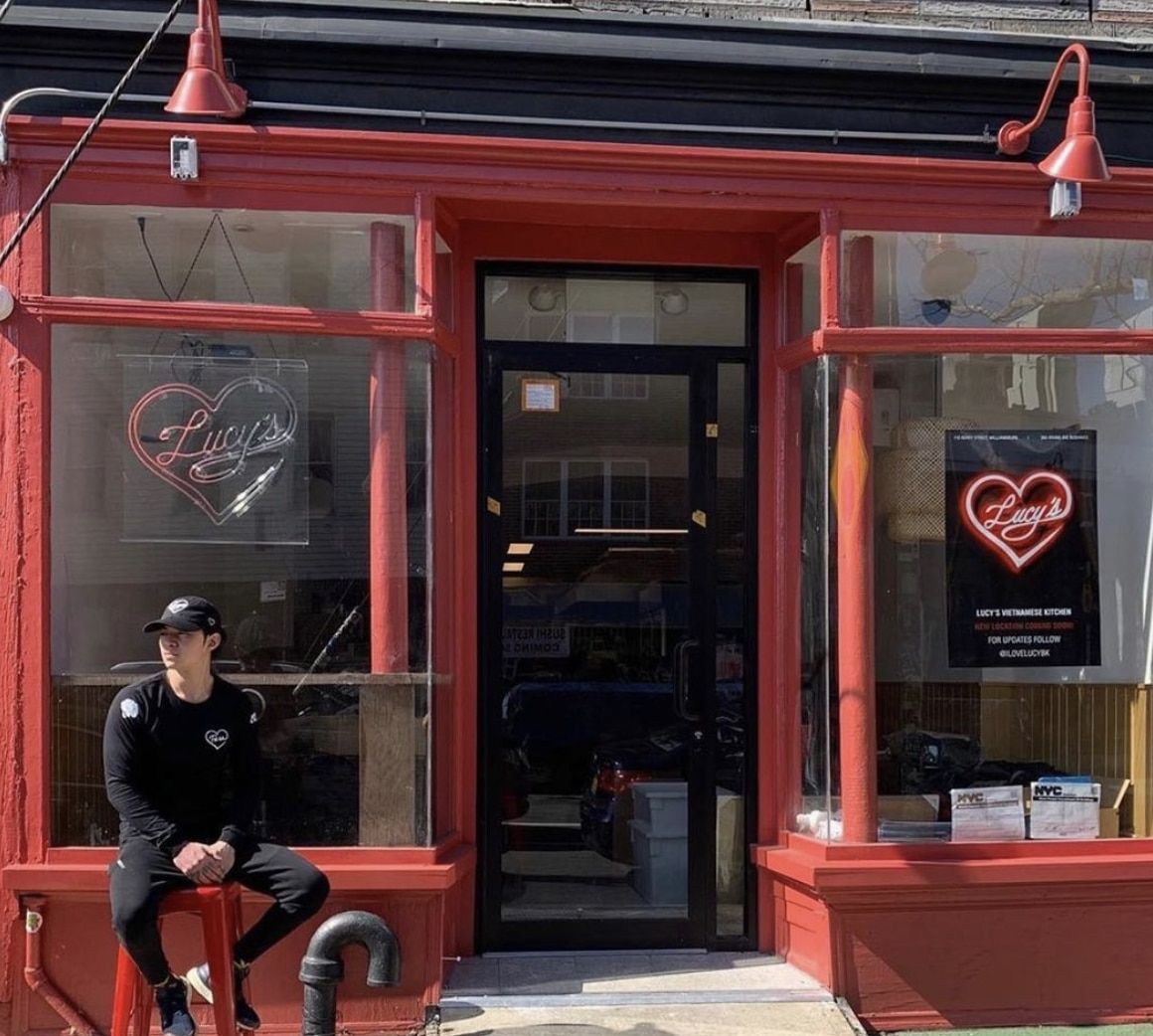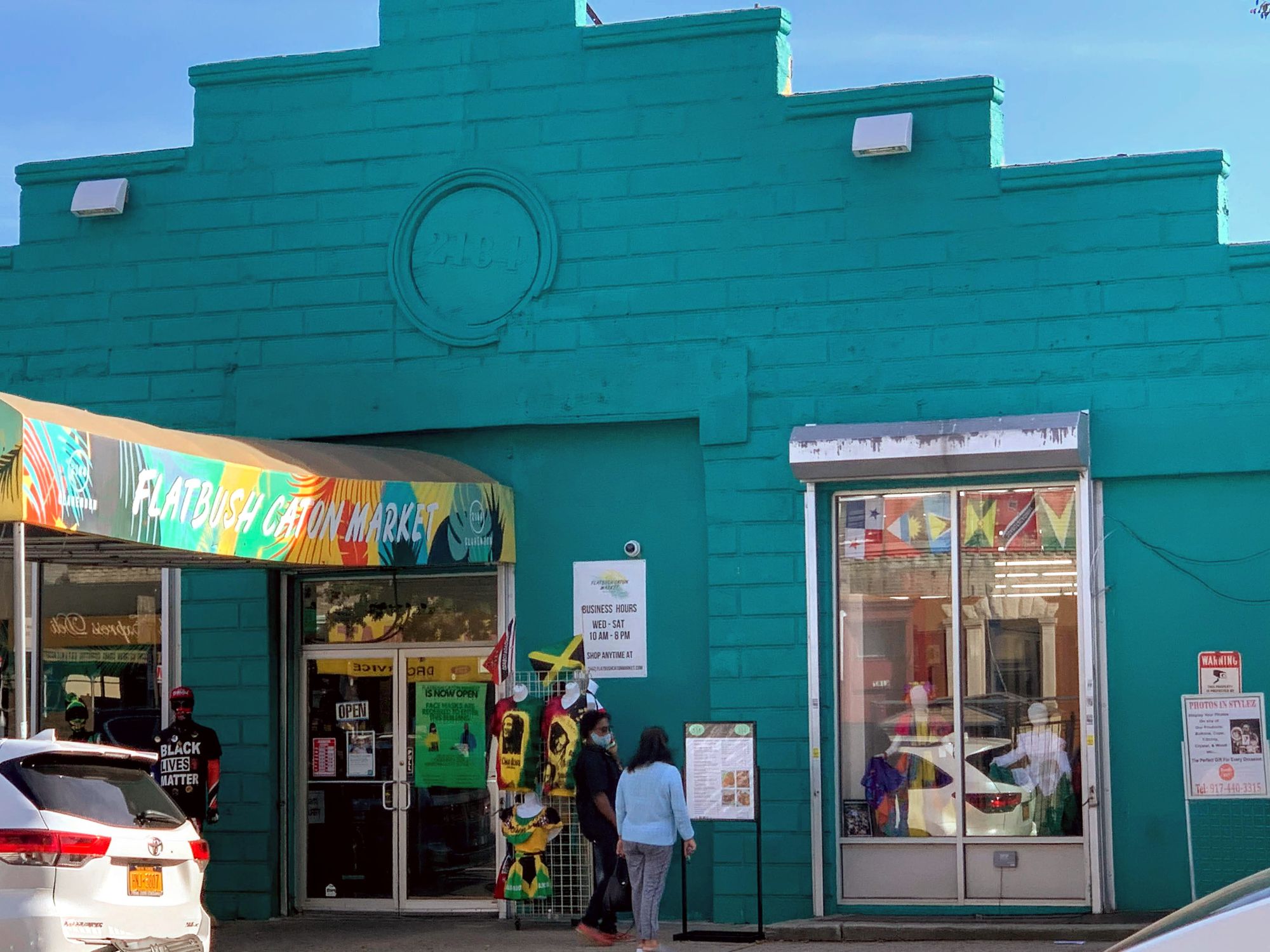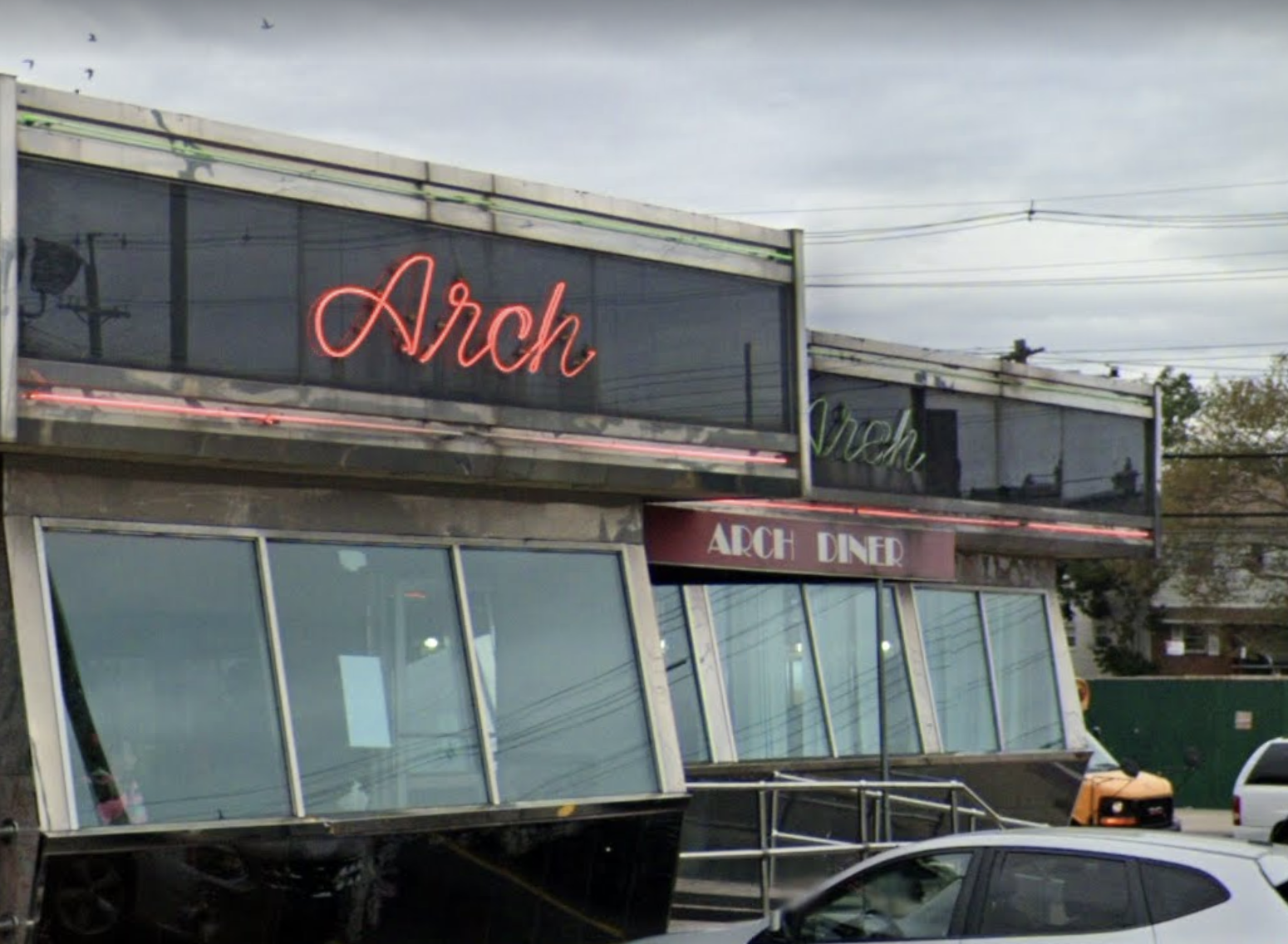Brooklyn Businesses Worry They Won’t Make It Through Another Shutdown Without More Help

When the city hits 3% 7-day positivity for COVID-19, it will be deemed an Orange zone, Governor Andrew Cuomo said this week, and with that come additional measures to contain the pandemic. Right now, the 7-day positivity rate is hovering around 2.5%. Further restrictions on indoor dining and other non-essential businesses will be yet another blow to the city’s businesses that are already struggling immensely, with rent being one of the biggest factors contributing to closures.
According to a study done by the Brooklyn Chamber of Commerce, half of our borough’s small businesses could not afford last month’s rent. The original PPP loans, which were first available in June, have begun to run out, leaving few options remaining.

Even with limited concessions from landlords for over half of the businesses, offering rent reductions and deferrals, many are concerned about what will happen when those reductions and deferrals run out or catch up with them.
The owner of Canarsie’s Arch Diner, Louis Leonidou, said that a second shutdown would be deadly for his restaurant.
“We will close for good. I’ve been here 50 years, and we will close for good,” he said, adding that things have been “very bad” for them during the pandemic. Indoor dining has helped a little, but not enough.
The Chamber President and CEO, Randy Peers, urged more support from the state.

“For most, stimulus funding through PPP has long been exhausted, and many businesses that are uncertain about the future are now hedging their bets over what rent they can afford to pay,” Peers said. “Small businesses urgently need another federal stimulus package and ‘recovery leases’ proposed at the state level, which relieve crushing rent bills and address past-due payments.”
Leonidou, who says he got $175,000 in PPP money in the first round, needs more now.
“If we get some support from the government, I would be open, of course,” he said, explaining that the loans would keep him in business again.
Of those surveyed by the Chamber, 40% pay more than a quarter of their revenue in rent, and 16% pay more than half.
Sam Bates is the owner of Eagle Trading Company, a coffee shop, and a cafe in Greenpoint. They stayed open through the first shutdown and didn’t have to let go of any employees, in large part due to the thousands of orders they made for hospitals in the city.
“We were very fortunate with regard to the hospital orders, really kept us afloat, and helped us feel like we were doing something to help,” Bates said. “[A second shutdown] wouldn’t be great for us, but we’d readjust. I guess we just see what happens and figure out a game plan accordingly.”
According to the Chamber, “if there’s another shutdown, without financial assistance for businesses, many if not most could be in jeopardy of total collapse.” The moratorium on rent that is in effect until the first of January is currently “artificially propping up a lot of businesses.”
“Financial support [from the government] would be great. Obviously, some support with rent would be great as well, but I’m not holding my breath,” Bates said.
The Director of the New York City Hospitality Alliance, Andrew Rigie, echoed these beliefs and called for data specifically establishing the recent spread to restaurants.
“Restricted, highly regulated indoor dining has been working safely around New York State since June, while infection rates decreased, until recently,” Rigie said, recalling issues raised about the differential treatment of the City versus the state.
“While public health and safety must be paramount, we have not seen contact tracing data indicating that highly regulated indoor dining causes the recent infections, and thus struggling small business owners and their employees should not be the left holding the bag as a default reaction without being justly compensated,” Rigie said.
The Alliance estimates that another shutdown could lead to the loss of 90,000 jobs, in addition to the already 150,000 restaurant industry employees that are out of work.
For Patrick Mwesigwa, the General Manager of Lucy’s Vietnamese Food in Bushwick, another shutdown won’t make much difference.
“To be honest, our mindset is so changed. Even if the world opens up again and there’s no coronavirus, the world has changed. It’s never going to go back to how it used to be, but we as a business have had to learn how to evolve and make smarter decisions,” Mwesigwa said.
When the first shutdown happened, Lucy’s closed it’s Bushwick location for a few months. Now they’re back, with limited outdoor dining but mainly takeout and delivery.
“Our entire model has had to change. It used to be fast-casual, where people came to sit and have good food, and we had to flip the script around, extending the good food to someone’s dining room inside their house,” Mwesigwa said, adding that their business has even kicked up slightly than before.
“As long as we still have people who are in New York City right now, I can assure you we will still be in business and doing the best that we do,” he added.